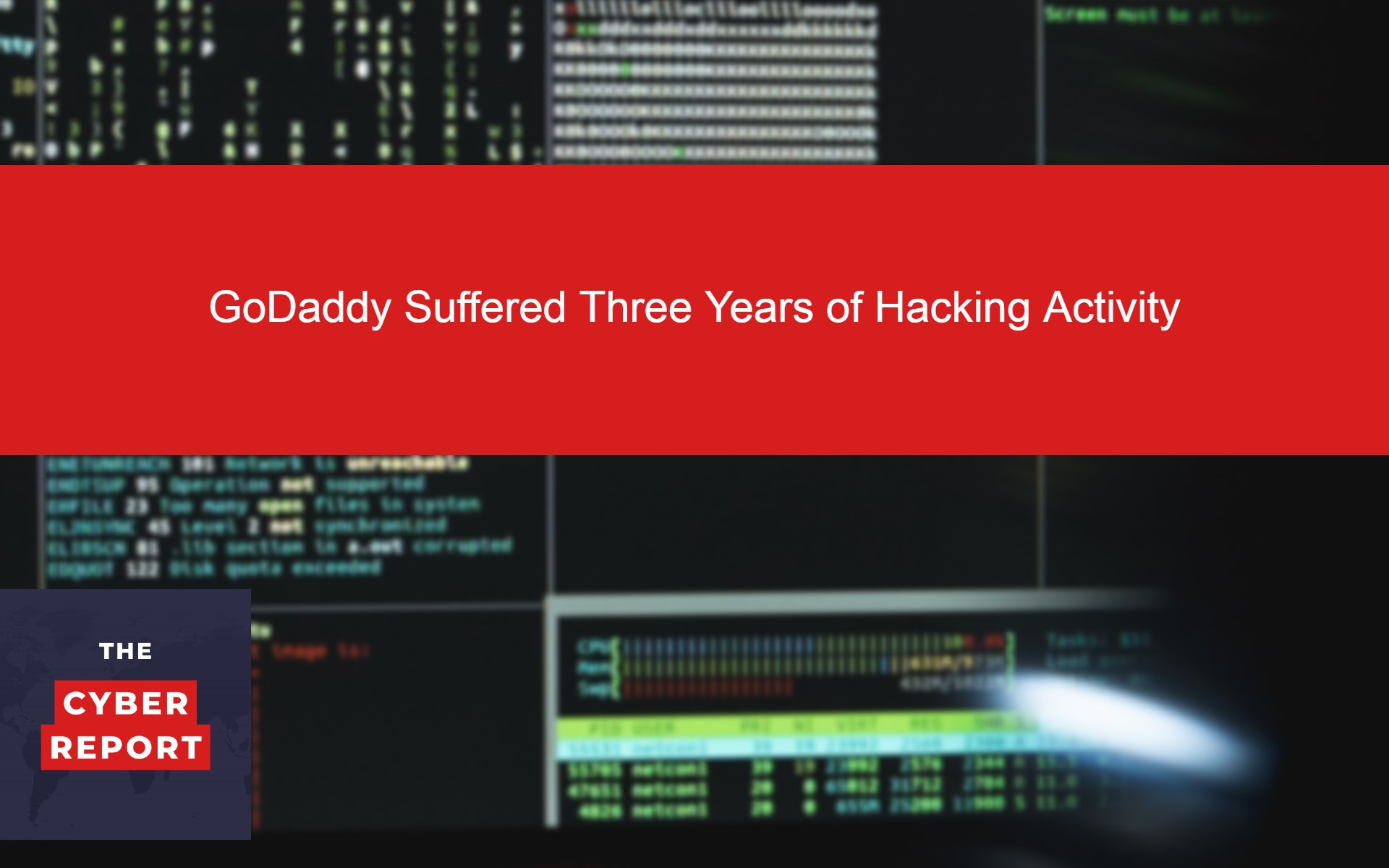On Thursday, February 16th, web hosting giant GoDaddy revealed that hackers had infiltrated its systems and installed malware on its networks, stealing code in the process. GoDaddy became aware of the malicious activity in December 2022 when customers began reporting they were being redirected to other websites. The company is currently investigating the breach with the help of law enforcement, who believe the hackers' goal is to use the stolen data for phishing campaigns, malware distribution, and other malicious activities.
The company also noted in an SEC filing that it believes the hackers are the same group that had compromised their networks in March 2020, stealing the login credentials of 28,000 customers and some of its staff. In November 2021, they were also able to access 1.2 million customers' WordPress instances, obtaining email addresses, usernames, passwords, and, in some cases, the websites' SSL private keys.
GoDaddy has stated that it believes these incidents are part of a multiyear campaign by a sophisticated threat actor group. The company is currently working to strengthen its security measures and safeguard its customers’ data.
How to Prevent Malware Attacks
Chris Close, a cyber security expert from Cyber Sleuth Security Garnet Valley, is passionate about helping people protect their devices from malware attacks.
"Malware attacks can be extremely damaging," says Chris. "The best way to protect yourself is to stay informed and be proactive about your security measures."
Chris advises people to always update their devices with the latest security patches and to keep an eye out for any suspicious activity. "It's important to be aware of any suspicious emails or downloads you may receive," he says. "Malware is most often spread through malicious links or attachments, so it's important to be very careful when opening emails or clicking on links."
Chris also recommends using reliable antivirus software to protect your device. "Antivirus software can help identify and remove malicious software before it can cause any damage," he explains.
Chris also stresses the importance of having a strong password. "Having a strong, unique password that is not easily guessed is essential in keeping your data secure," he says.
Finally, Chris recommends backing up important data regularly. "Data backups are essential in the event of a malware attack," he says. "Regular backups can help you restore your system and minimize the impact of any malware attack."
Source:
Hackers Ran Amok Inside GoDaddy for Nearly 3 Years

